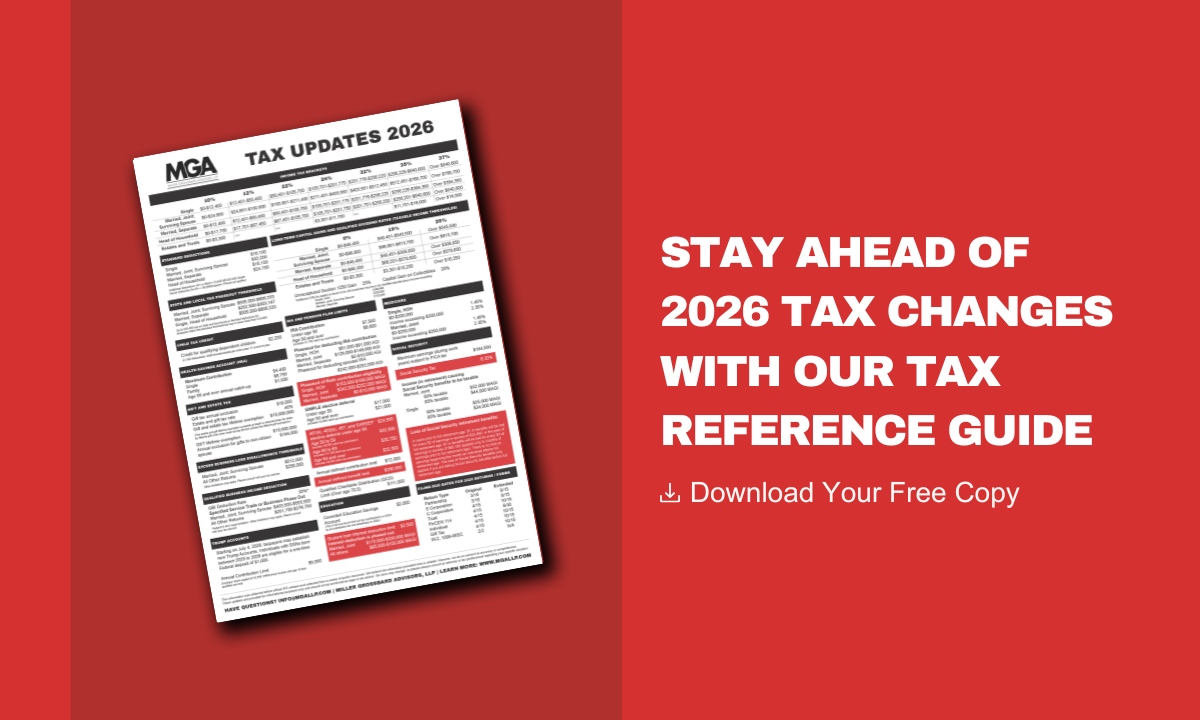An independent contractor vs. an employee. While they both may perform similar work for your business, there are many key differences between the two.
The rules surrounding worker classification are complex, but it’s critical to keep things straight and to get it right. Misclassifying an employee as an independent contractor can cause you many troubles, especially when it comes time to file your taxes.
Here’s Why Worker Classification Matters
You may think there won’t be any consequences to misclassifying your workers, so long as all the tax obligations are satisfied, but this is far from the truth. As a hotly contested audit issue, worker classification has caused much anxiety for business owners around the country. You could be looking at hefty penalties, interest, and tax liens from the IRS if they determine that a contractor you hired should have been classified as an employee instead. This could easily cripple an otherwise successful business.
The difference between an employee and an independent contractor generally boils down to the level of control you have over the individual and how they get paid. There is also a considerable difference in the amount of employment taxes that the employer pays for each. Additionally, due to the new health care reform law, an employer with more than 50 full-time employees is now required to provide health care coverage to their employees. This could tempt business owners to hire independent contractors instead.
The IRS monitors worker classification closely as business owners may either inadvertently or deliberately misclassify their employees to minimize their tax or health coverage responsibilities.
Understanding the IRS Voluntary Classification Settlement Program
If you think you may have misclassified a worker, you can correct that by entering the Voluntary Classification Settlement Program (VCSP), a program opened by the IRS in 2011. If your business is eligible, the program allows you to pay only ten percent of the employment taxes that would have otherwise been due for the most recent tax year. They also waive all interest or penalties that your business would have incurred if audited by the IRS.
Re-Examine Your Worker Classifications Today — It Can’t Hurt!
Although there are pro-taxpayer programs that exist to help you get things straight, we encourage you to re-examine your worker classifications as soon as possible. Potential employment tax liabilities may not seem like a big deal, but remember that misclassification can also cause your business pension plan difficulties.
Also, don’t forget that you should have a W-9 form on file for every independent contractor that you hire. The IRS requires you to have these forms on file BEFORE you pay someone. If you get caught without one, you could get a fine. Click the link below to learn more.
If you have discovered a misclassification and wish to determine whether you are eligible to participate in the VCSP, please reach out to us today. Our team can give you the necessary information to get things on the right track.
We are here to take your complex problems and help you find the best, most straightforward way to solve them.
.png?width=191&name=mgalogofinal-01%20(3).png)





